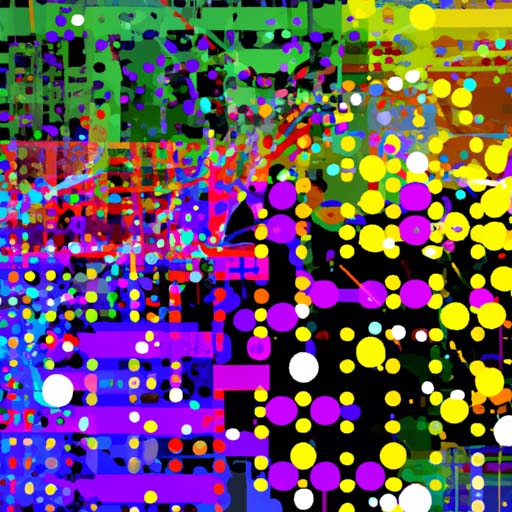Key points from the article:
- Vanguard International Semiconductor (VIS) has embarked on a three-year research collaboration with National Taiwan University to develop negative emissions technology.
- The project, titled “Enhancing Soil Carbon Sinks through the Application of Resource Recycling Technology,” aims to develop a process that can capture and store carbon dioxide in agricultural soils, helping to mitigate climate change.
Vanguard International Semiconductor (VIS), a Taiwan-based 8-inch IC foundry, has teamed up with National Taiwan University for a three-year research collaboration to develop negative emissions technology. The project, named “Enhancing Soil Carbon Sinks through the Application of Resource Recycling Technology,” aims to come up with a process that can capture and store carbon dioxide in agricultural soils, thereby helping to mitigate climate change.
The research collaboration between VIS and National Taiwan University focuses on developing a new technology solution that can enhance the ability of agricultural soils to capture and store carbon dioxide. The project aims to achieve this by utilizing resource recycling technology, which involves converting various waste materials into organic fertilizers that can be applied to agricultural land. The organic fertilizers would have the dual benefit of improving soil health and increasing its carbon sequestration capacity.
This collaboration aligns with VIS’s commitment to sustainability and environmental responsibility. As a leading semiconductor manufacturing company, VIS recognizes the importance of reducing its carbon footprint and contributing to the development of sustainable solutions. By working with National Taiwan University on this research project, VIS aims to leverage its expertise in technology and materials to advance the field of negative emissions and contribute to global efforts in combating climate change.
Negative emissions technologies are increasingly being recognized as an essential component of climate change mitigation strategies. While efforts to reduce greenhouse gas emissions are crucial, negative emissions technologies offer a way to actively remove carbon dioxide from the atmosphere and help restore the balance of greenhouse gases. Enhancing the carbon sequestration capacity of agricultural soils is one such approach that has gained attention in recent years.
The research collaboration between VIS and National Taiwan University is expected to yield valuable insights and innovative solutions in the field of negative emissions technology. It is hoped that the findings from this project will contribute to the development and implementation of practical and scalable solutions for capturing and storing carbon dioxide in the agricultural sector.
Overall, this collaboration highlights the importance of partnerships between academia and industry in addressing complex global challenges such as climate change. By combining their expertise and resources, VIS and National Taiwan University can make significant strides in developing sustainable solutions and contributing to a more sustainable future.
